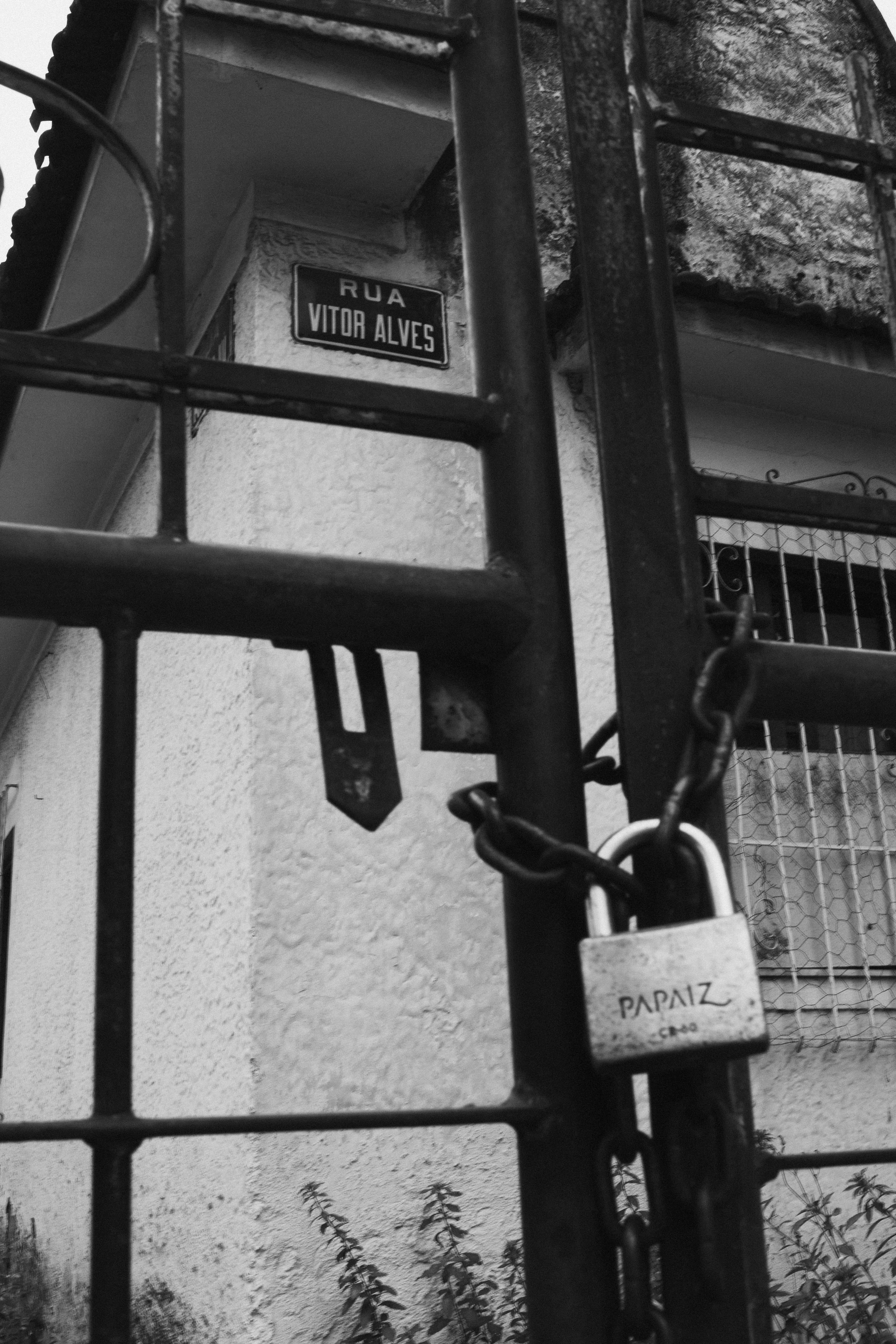The Parenting Plan
Divorce is one of the toughest things a person can go through in life. Minor children can make the divorce process that much harder, both in terms of legal work and in the emotions surrounding the situation. When a divorce happens and minor children are involved, parents must submit a document to the court called a parenting plan. A parenting plan is a document that outlines a number of things:
- Physical Custody: The actual time each parent spends parenting a child, face to face.
- Legal Custody: The ability to make important decisions about your child’s life, (i.e. religious instruction, academics, health, etc.)
- Visitation rights for parents and grandparents and how holidays will be divided up.
Attorneys often draw up a parenting plan based on the discussions that are held between the two parents. In a contested divorce, this can be an arduous process that often leaves one parent feeling like they got the short end of the stick and frequently involves hearings in front of a judge that can often be quite contentious. Uncontested divorce can be different though. Uncontested divorces allow an attorney to facilitate discussion between spouses so you can not only get the outcome that everyone wants, but you also save an enormous amount of money.
After you and your spouse work out the parenting plan, the attorney sends it to the court for approval. This usually happens much faster in an uncontested divorce because the parties have shown the judge that they are able to get along and work out important matters before the judge has to intervene. It also keeps the judge from having to make difficult decisions that really puts them between a rock and a hard place.
A parenting plan is laid out like this:
- You list the full name and birthdate of each child
- You describe who has the primary physical custody of the child (i.e. where the child will live when.) In this description, you should lay out what days each child will live with what parent.
- The plan describes legal custody and how the parents will decide on issues of school, healthcare and religion.
- The final part of a parenting plan describes how the children will spend time with their non-custodial parent. This will usually be pretty detailed because it will specify the time, whether it’s weekends, every other weekend, etc. It will also outline things like summer visitations and visitation when school is out for breaks like Thanksgiving and Christmas. Also discussed are special holidays like mother’s day and father’s day, Christmas and Easter as well as significant days like birthdays of parents and grandparents.
If you’ve reached the point where your marriage is beyond repair, know that there are options so you and your spouse can find a way to work through the process together. Uncontested divorce has three real positive impacts. One, it saves time. An uncontested divorce can be finalized in as little as 30 days. Two, it saves money. An uncontested divorce with children usually costs less than $2,000. This alone can save $6,000 to $8,000 or more over a contested divorce. Third, and most importantly, it allows parents to work out what’s best for their children in a non confrontational way that allows people to part ways, amicably. If you need to speak with an attorney about an uncontested divorce, reach out to the attorneys at Harmon and Gorove for a free, no obligation consultation about uncontested divorce today.




